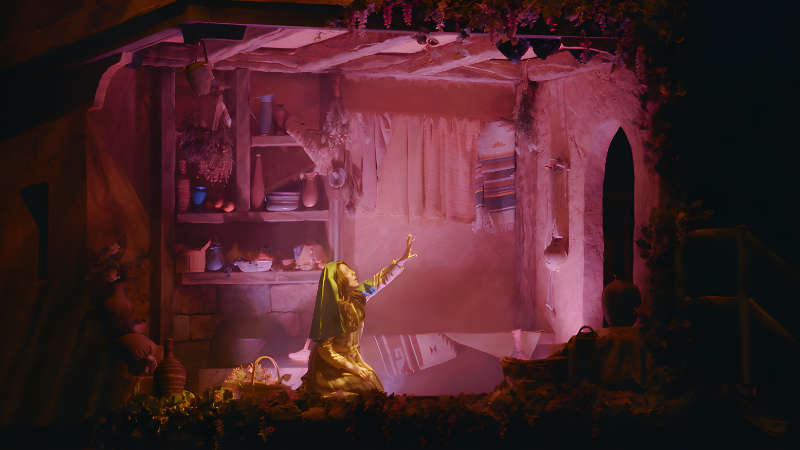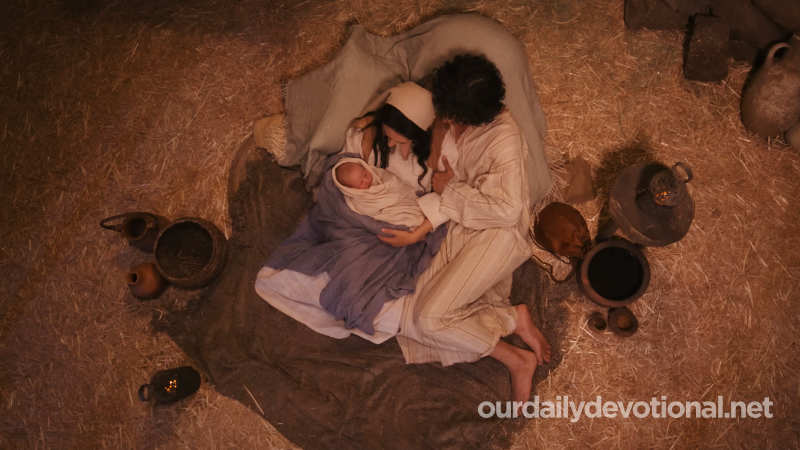(a) WEEK.
The division of time into periods of seven days is extremely ancient. The figure of "seven days" is found in the creation story (Gen. 2:1-3) and appears again in the Flood story (Gen. 7:4,10; 8:10, 12).
In the time of Laban and Jacob, seven-day wedding feasts were celebrated among the Syrians of Mesopotamia (Gen. 29:27, 28); The same thing happened in Philistia in Samson's time (Judg. 14:12, 17). Funerals also lasted seven days (Gen. 50:10; 1 Sam.
31:13).
However, the week itself was not established by God until the exodus. It is mentioned regarding the institution of the Passover and the festival of unleavened bread (Ex. 12:15; 13:6-17); However, the moment in which it is solemnly instituted is in the promulgation of the Decalogue: «Six days you will work, and you will do all your work; but the seventh day is a rest to the Lord your God” (Ex. 20:9-10). (See SATURDAY.)
Since then, the seven-day cycle frequently appears in the ordinances of the Law (cf. Ex. 22:30; 29:30, 35, 37; Lev. 12:2, 5; 13:5; 14:8; 15:28; 23:15, 42; Num. 19:11; Deut. 16:9-10, 13, etc.).
However, it can be said that it was counted more by days than by weeks, as among the Greeks and Romans (cf. Lev. 12:4-5).
The week and the names of the days made a late appearance in Rome, which followed an eight-day cycle; On the other hand, the Greeks divided the month into three parts.
At the time of the construction of the pyramids, the Egyptians practiced dividing time into periods of ten days. Each of them began when each of the 36 constellations rose.
The Egyptian year had 360 days. In the 2nd century AD, Dio Cassius, famous historian, states that the use of the recently introduced seven-day week was expanding throughout the Roman Empire.
Christians consecrated on Sunday, the first day of the week. The pagans gave the seven days of the Hebrew week the names of the planets, following the Babylonian custom.
The Christians could not avoid the use of these names, but they gave the first day of the week the name "Lord's day" (Sunday) instead of the pagan "Day of the Sun" (cf. the English name "Sunday" and the German "Sonntag").
The Hebrew term "shabua'", septenary division, week, not only designated seven days, but also a cycle of seven years (cf. the use of the term "dozen").
The celebration of the sabbatical year tended to expand this designation to the years. It is generally accepted that Daniel uses "shabuã" (week) to indicate "seven-year period."
(Dn. 9:24-27; cf. Lev. 25:8).
The seventy weeks of Dn. 9:24 are weeks of years, adding up to 490 years (see DANIEL [BOOK OF]).
See TIME.
(b) WEEK OF YEARS.
Period of seven years, the last of which was the sabbatical year, in which the land had to be allowed to rest (Ex. 23:10, 11), in clear parallelism with the week of days (Ex. 23:12). The seven-week cycle of years culminated in the fiftieth year, or jubilee (see JUBILEE).
The Sabbath ordinance was not observed in Israel, so God fulfilled the curse of Lev. 26:31-35 ff. (Cf. 2 Chr. 25:21).
Meaning of WEEK
(a) WEEK.
The division of time into periods of seven days is extremely ancient. The figure of "seven days" is found in the creation story (Gen. 2:1-3) and appears again in the Flood story (Gen. 7:4,10; 8:10, 12).







